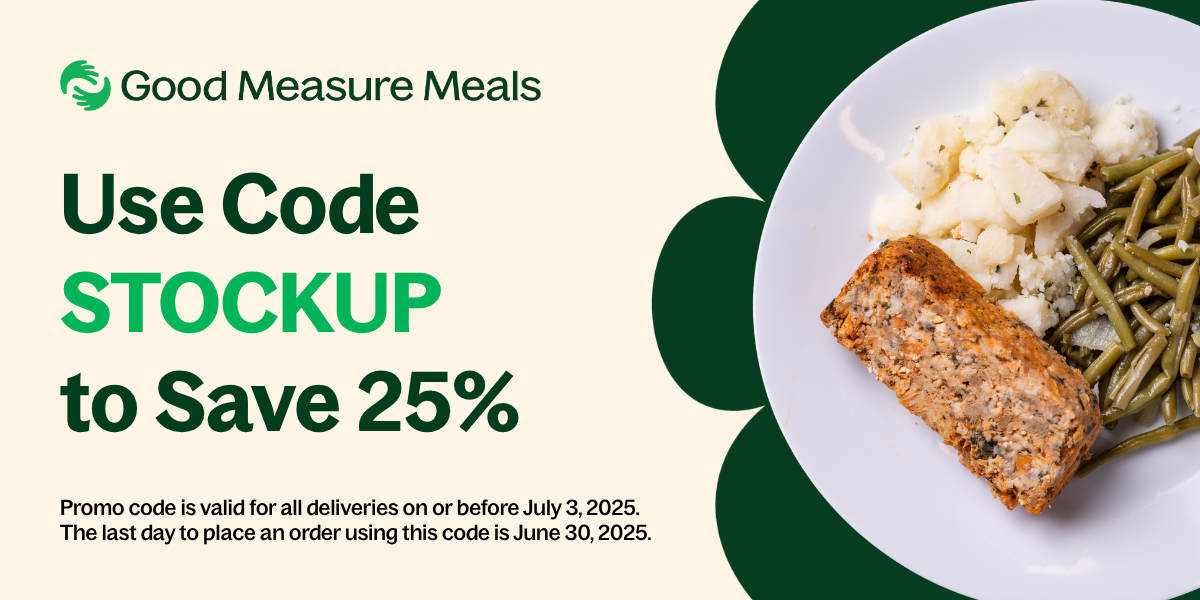Eat to Ease: Nutrition for Migraine
According to the American Migraine Foundation, migraine affects 39 million people in the United States and 1 billion worldwide. About half of people report having food-related triggers, but trying to pinpoint specific foods that trigger or prevent migraine attacks can be complicated. Let our team arm you with some important foundational knowledge!
Read MoreSay Goodbye to Counting Sheep: Eat Your Way to Better Sleep
Not getting adequate rest can result in difficulties with concentration, mood swings, irritability, impaired immunity, and an increased risk for chronic illnesses like diabetes and heart disease. Now are you more tempted to nap-flix and chill? If you find yourself overwhelmed before bed, rally the sleep hygiene dream team starting with nutrition--the real MVP!
Read MoreThe Joy of Soy: A Plant Forward Approach to Blood Sugar Balance
Say hello to soybeans! This East Asian legume superhero packs a nutrient-dense punch with plant protein, fiber, healthy fats, magnesium, iron, folate, calcium, and a splash of vitamins A and K. Are you an edamame enthusiast or a tofu aficionado? Perhaps a miso maven or soymilk supporter? These soy sensations come loaded with a feast of health perks for your blood sugar levels. Keep reading to dive in and uncover more soy science magic!
Read MoreKidney Health 101: Filtering the Facts
In most people, kidneys function as well-oiled machines. But in some people, the kidneys start to lose their function slowly and can’t keep up with the body’s demands. This is known as Chronic Kidney Disease (CKD), and we can make lifestyle changes to slow down the damage!
Read MoreCooking Up Love, One Oxytocin Boost at a Time
Oxytocin, the "love hormone" produced by the hypothalamus in the brain, helps us experience feelings of trust, empathy, and connectedness. Childbirth, breastfeeding, and intimacy are stimulants that signal a release of oxytocin into the bloodstream from the pituitary gland where oxytocin is stored. But did you know that there are other ways to enhance this euphoric feeling with food?
Read MoreNo Cook Winter Dinners
Cooler temperatures and shorter days have you dreading meal prep? Still want to focus on maintaining balanced nourishment this winter, but are not sure where to start? Break the ice with our recommendations to create an un-brr-lievable array of winter-winter no-cook dinners!
Read More






